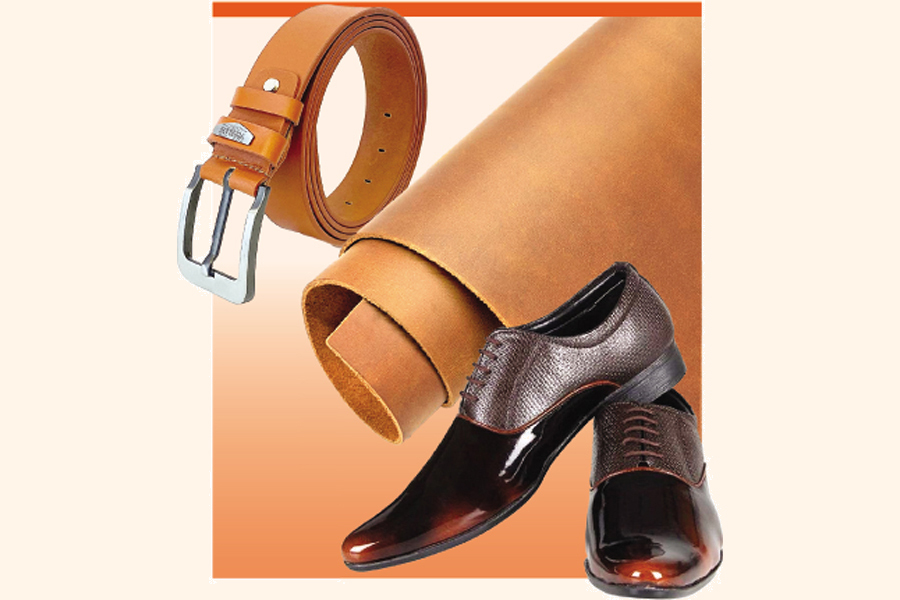Export diversification overriding priority
Leather export source tax getting halved
Exporters must play by book for LWG compliance

Published :
Updated :

Source taxes on leather-and leather-goods exports are going to be halved to help the sector meet high-cost compliance precondition of buyers, as export diversification comes under government's top priorities.
The National Board of Revenue (NBR) may cut the tax to 0.5 per cent from the existing 1.0 per cent on export earnings from leather and leather goods. The pared-down taxing rate will remain valid until June 30, 2025, sources said.
Already, the revenue board has received the go-ahead from the Finance Minister to cut the tax rate only for leather-and leather-goods exporters.
They have said the decision has been taken following directive of Prime Minister Sheikh Hasina to facilitate export diversification-one of priority tasks in the agenda for facing Bangladesh's post-graduation challenges.
"The NBR would issue an SRO shortly by reducing the source tax for the leather-and leather-goods exporters," says one official.
Such fiscal measure is meant for enabling the leather goods exporters to meet Leather Working Group's (LWG) compliance issue that requires the entrepreneurs to make higher investment than that of other exporting sectors.
Meanwhile, in another measure the income-tax wing of the NBR has addressed a legal gap by issuing an SRO last Thursday (March 4, 2024) to restrict apparel, textile and other exporters to availing a reduced rate of source tax on a proportional basis with their payable corporate tax.
A senior revenue official says some exporters have been claiming lower source tax, at 0.83 per cent, instead of 1.0 per cent, proportionate to their corporate tax, which may result in huge loss of state revenues.
"From now on, exporters who are subject to paying corporate tax below 12 per cent would be able to enjoy source tax at lower rate," he adds.
Only USGBC LEAD-certified apparel exporters, and jute and other sectors can enjoy the facility.
However, they have to obtain a tax-exemption certificate, on a case-to-case basis, for availing the fiscal concession.
The SRO for the apparel sector will remain valid until June 30, 2028. The NBR has scrapped the previous SRO issued on 26 June 2023.
The prevailing tax rate for export-oriented RMG factories stands at 12 per cent, and it is lower at 10 per cent for green ones.
In general, corporate tax rate is 27.5 per cent for such industry.
Many of the exporters have sent applications to the income tax-exemption wing as the Income Tax Act had a provision for paying source tax on proportional basis with corporate-tax rate of the exporters, the tax official says.
"Such legal gap may cause a large chunk of loss of taxes collected as source taxes from the exporters," he adds.
Officials have said more than 50 applications have been submitted by exporters from different sectors for tax-exemption certificates.
doulotakter11@gmail.com


 For all latest news, follow The Financial Express Google News channel.
For all latest news, follow The Financial Express Google News channel.